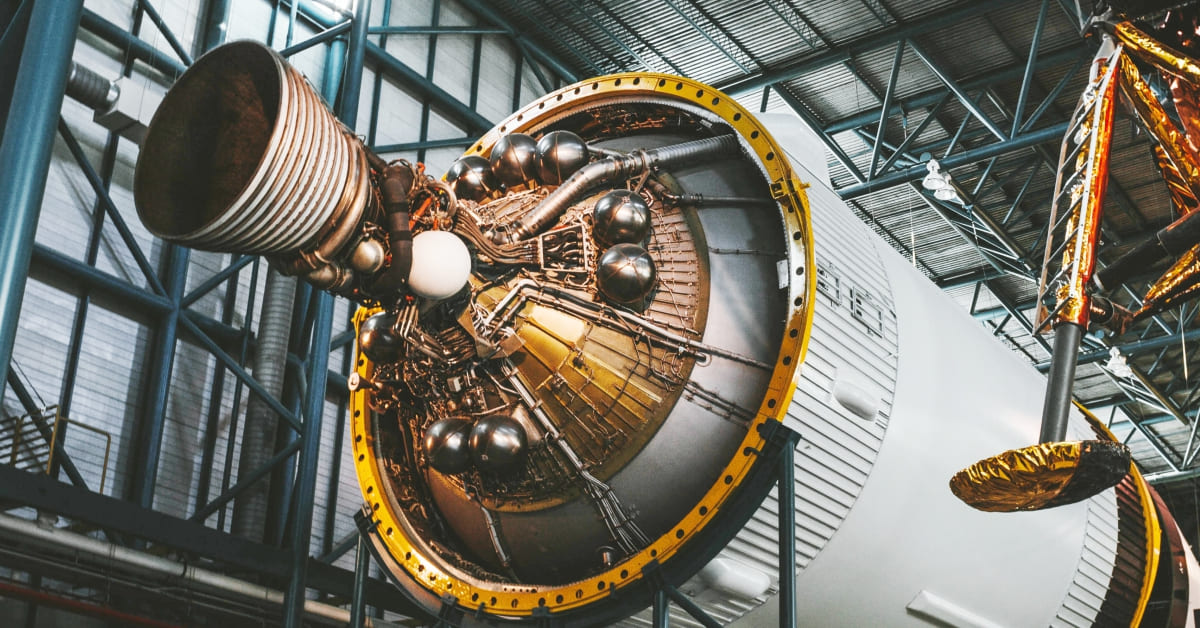What is B.Sc. in Aeronautical? A Complete Guide for Aspiring Aviation Professionals
Posted on : 2 November, 2025 11:09 am
The aviation and aerospace industries are among the fastest-growing sectors in the world, offering exciting opportunities to students who dream of building a career in the skies. One such popular undergraduate course that opens the doors to this industry is the Bachelor of Science in Aeronautical (B.Sc. Aeronautical). This program equips students with the scientific knowledge and technical skills required to work in the field of aircraft, aviation, and aerospace technology.
Introduction to B.Sc. in Aeronautical
A B.Sc. in Aeronautics is a three-year undergraduate degree program that focuses on the study of aviation science, flight operations, and aircraft systems. Unlike engineering courses that emphasize design and development, this program highlights the scientific principles of flying, navigation, meteorology, and aviation safety. Students who have a passion for aviation but prefer a science-oriented approach instead of an engineering-heavy curriculum often choose this program.
Eligibility and Duration
-
Duration: 3 years (6 semesters)
-
Eligibility: Students must have completed 10+2 with Physics, Chemistry, and Mathematics (PCM) as compulsory subjects. Most colleges require at least 50% aggregate marks in these subjects. Some institutes may also conduct entrance tests or interviews for admission.
This makes the course accessible to science students right after their higher secondary education.
Subjects Covered in the Program
The curriculum of B.Sc. Aeronautical is designed to cover both theoretical and practical aspects of aviation. Some of the core subjects include
-
Fundamentals of Aeronautics
-
Aviation Meteorology
-
Aircraft and Engine Systems
-
Air Navigation and Air Traffic Control
-
Aerodynamics
-
Aviation Safety and Security
-
Airport Operations and Management
These subjects ensure that students gain a well-rounded understanding of aviation science, preparing them for multiple roles in the industry.
Skills Gained
Through this program, students develop a combination of scientific knowledge and professional skills, such as:
-
Analytical and problem-solving abilities
-
Technical understanding of aircraft and aviation systems
-
Communication and teamwork skills
-
Knowledge of international aviation standards and regulations
-
Ability to ensure safety and efficiency in aviation operations
Career Opportunities After B.Sc. Aeronautical
Graduates of this program have diverse career options in both the government and private sectors. Some of the popular career paths include
-
Airlines: Flight dispatcher, ground operations officer, cabin crew, or pilot (with additional training).
-
Aircraft Maintenance Organizations: Working in Maintenance, Repair, and Overhaul (MRO) companies.
-
Airports and Air Traffic Control: Managing operations, safety, and navigation.
-
Aerospace Companies: Supporting research, testing, and quality assurance.
-
Aviation Safety and Regulatory Bodies: Working with organizations like DGCA, FAA, or ICAO.
Higher Studies and Specializations
After completing a B.Sc. in Aeronautics, students can pursue:
-
M.Sc. in Aeronautical or Aerospace Science
-
MBA in Aviation Management
-
Commercial Pilot License (CPL) training
-
Specialized certifications in Aircraft Maintenance Engineering (AME) or Aviation Safety
A B.Sc. in Aeronautics is an excellent choice for students who dream of working in the aviation sector but want a science-oriented undergraduate program rather than engineering. With the global aviation industry expanding rapidly, graduates of this program enjoy rewarding career prospects and opportunities for further specialization.

